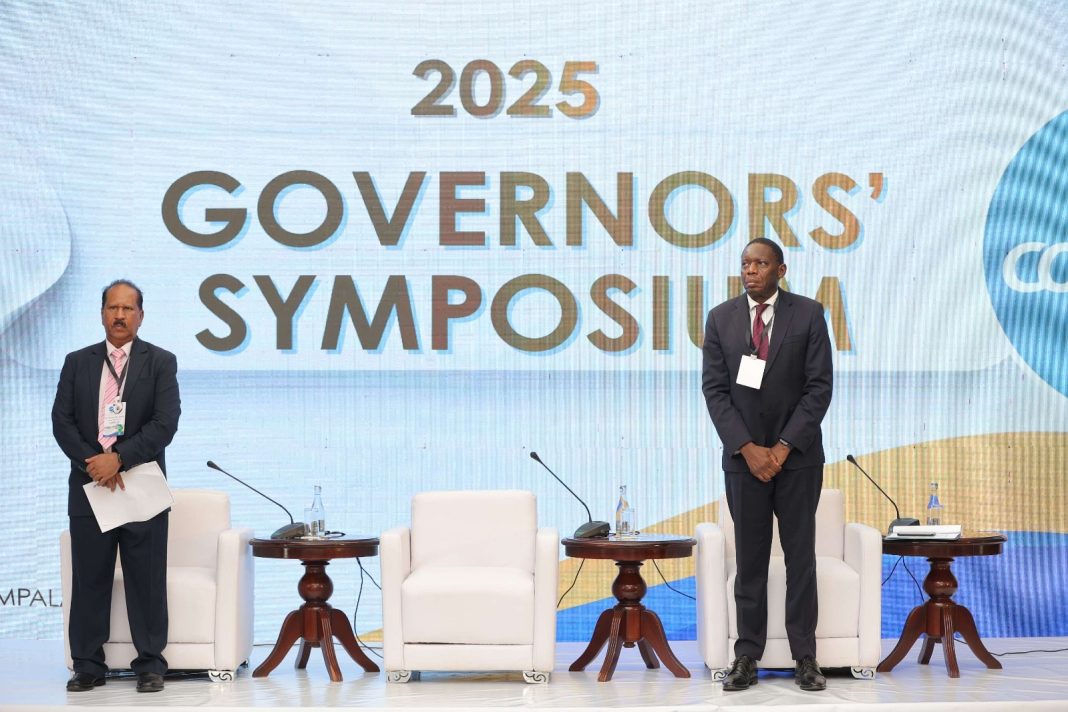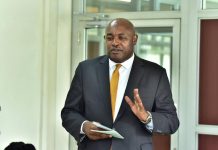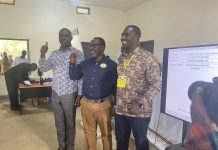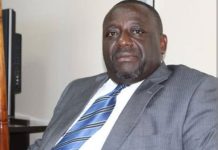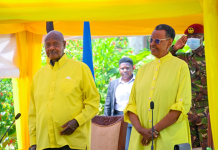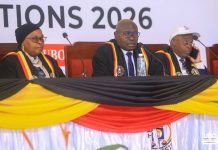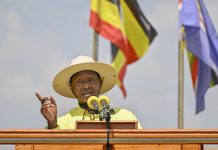By David Mwanje
Central bank governors from the COMESA region have called for deeper economic coordination to help member states navigate rising global uncertainty. Speaking at a symposium in Kigo, Bank of Uganda Governor Michael Atingi-Ego said the region must strengthen monetary and financial systems to withstand disruptions from volatile commodity prices, climate shocks and geopolitical tensions.
Atingi-Ego noted that COMESA economies are still dealing with the effects of the COVID-19 pandemic, high global interest rates, and climate-related disasters that continue to disrupt food and energy supplies. He said these shocks have hit households hardest, especially in countries where most income goes to basic needs.
He added that despite progress in stabilising inflation and improving post-pandemic recovery, the region remains exposed because many economies rely heavily on commodities such as oil, minerals and agriculture. When global prices swing, budgets, debt levels and currencies move with them.
Atingi-Ego said this pattern makes long-term planning difficult and forces constant policy adjustments. He pointed to recent oil-price volatility driven by global tensions and the transition to cleaner energy.
He credited African central banks for acting early to contain inflation through tighter monetary policy, saying the measures helped restore confidence even though they slowed activity in the short term. He urged central banks to maintain clear communication to manage public expectations.
To strengthen resilience, Atingi-Ego proposed several measures including stronger inflation-targeting frameworks, building foreign exchange reserves during stable periods, and creating sovereign wealth funds to save earnings from commodity booms. He also called for better early-warning systems, improved liquidity arrangements and stronger supervision to protect financial stability.
He highlighted the role of regional initiatives such as the Regional Payment and Settlement System and the African Continental Free Trade Area in improving integration and easing cross-border trade.
Atingi-Ego also pointed to Uganda’s experience in handling recent shocks, citing stress testing, risk-based supervision and enhanced monitoring as key steps in maintaining stability. He said mobile money continues to expand financial inclusion but requires careful oversight due to emerging risks.
Looking forward, he said new technologies such as digital currencies and fintech present opportunities but must be managed in a way that protects financial stability.
The symposium, attended by economists including Prof. Njuguna Ndung’u and Prof. Victor Murinde, is expected to feed into broader regional policy discussions. Finance Minister Matia Kasaija opened the event, signalling government backing for deeper economic cooperation.
Analysts say the meeting comes at a critical moment as global shocks become more frequent, pushing COMESA states to adopt coordinated policies that can strengthen the region’s economic position.


